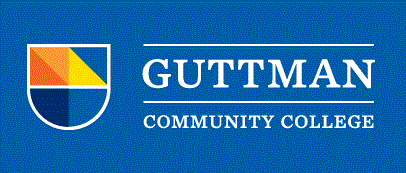
Publications and Research
Document Type
Article
Publication Date
4-2019
Abstract
Students may erroneously believe that mathematics ability is largely innate and fixed (Kimball and Smith 2013). The evidence seems to support these mistaken beliefs. Women and minorities score lower on the mathematics section of the SAT (College Board 2017). When assessing students’ mathematics college readiness, a larger percentage of women, African Americans, and Hispanics fell below the benchmark (ACT 2017); and, in general, in science, engineering, math, and technology (STEM) fields, the gender and racial gaps in interest, performance, and degrees awarded have not closed (Neuhauser 2015). Persistent performance gaps can serve to reinforce students’ mistaken belief that women and underrepresented minorities simply have less aptitude for mathematics, which, in turn, can discourage even the strongest students from persisting. Known gender and racial stereotypes could conceivably dissuade those who have the ability and interest from studying or working in a STEM field. Additionally, because mathematics problems are often solved in a logical, abstract manner, students with learning disabilities or those who process information in a different manner could be thought to have less mathematical ability, as research has shown that students with a learning disability are perceived to be less intelligent (May and Stone 2010).N/p>
NCTM has called on teachers to create supportive and equitable classroom environments, to steadfastly advocate that all students can learn mathematics, to hold high expectations for all students and to adopt practices that offer students the opportunity to excel (NCTM 2014). The overarching aim of this article is to connect the research literature with pedagogical practices that help increase opportunities for all students to learn and achieve. This article illustrates classroom practices in four key areas—negative stereotypes, mindsets, participation, and problem-solving strategies— that can be used to strengthen the alignment of mathematics educators’ pedagogical practices with NCTM’s commitment to social justice. By providing research-based pedagogical strategies that educators can easily implement, I hope to help teachers ignite students’ enthusiasm for mathematics, increase students’ self-confidence, and empower all students to achieve to the best of their abilities.
Included in
Curriculum and Instruction Commons, Educational Assessment, Evaluation, and Research Commons, Higher Education Commons, Science and Mathematics Education Commons


Comments
This article was originally published in Mathematics Teacher, available at https://www.nctm.org/Publications/Mathematics-Teacher/2019/Vol112/Issue6/Who-Can-Excel-in-Mathematics_/.